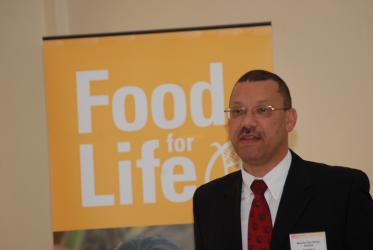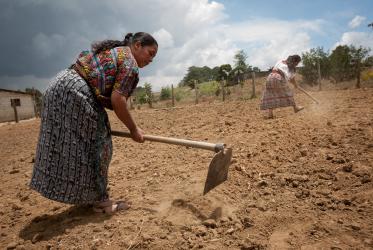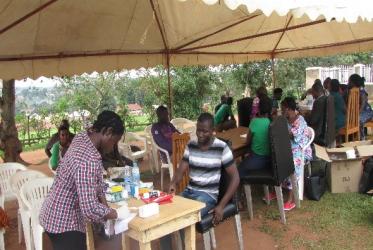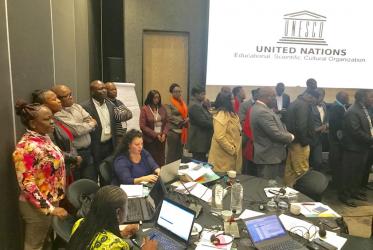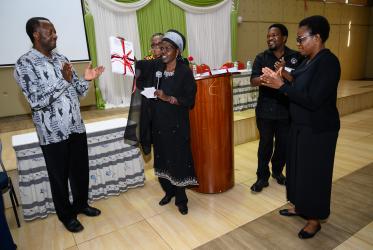Displaying 21 - 40 of 138
WCC treatment manuals address HIV challenges in Uganda
02 August 2019
Knowledge of gender roles deepens in Togo
03 June 2019
Faith and HIV treatment go hand in hand
06 March 2019
Young people in Nigeria focus on positive masculinity, femininity
14 December 2018
